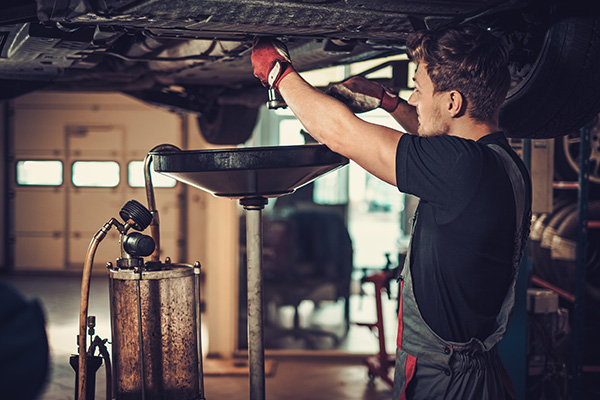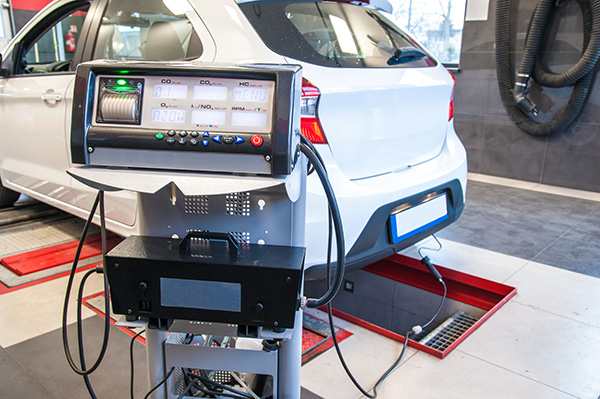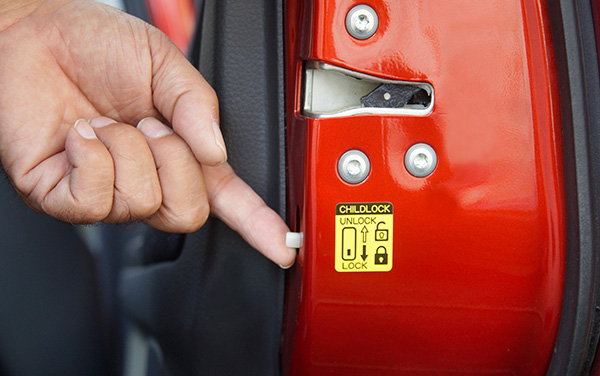Posted on 3/28/2025

Changing your oil might not seem urgent, but it’s one of the most important things you can do to keep your engine in good shape. Fresh oil keeps everything moving smoothly, reduces heat, and prevents harmful deposits from building up. When oil breaks down, it loses its ability to protect the engine, leading to increased friction, overheating, and premature wear. While skipping one oil change might not cause immediate damage, letting it go too long can result in expensive repairs—or even complete engine failure. The Role of Oil in Your Engine Your engine consists of many metal parts that move at high speeds and generate heat. Oil serves multiple functions—it reduces friction, prevents overheating, and cleans out contaminants like dirt and metal shavings. As oil ages, it thickens and loses its ability to protect engine components. Without regular oil changes, the buildup of sludge and debris can restrict oil flow, causing critical parts to wear out fa ... read more
Posted on 2/28/2025

We’ve helped countless drivers prepare for their Virginia state emissions test, and we know exactly what it takes to pass. Failing an emissions inspection isn’t just frustrating—it can also prevent you from renewing your vehicle’s registration. If your car is producing excessive emissions, running inefficiently, or displaying a check engine light, you could be in for an unwanted surprise when it’s time for your inspection. Fortunately, there are steps you can take to reduce emissions, improve fuel efficiency, and increase your chances of passing the test on the first try. Why Some Cars Fail the Virginia Emissions Test Over the years, we’ve seen many reasons why vehicles fail their emissions test. One of the most common culprits is a faulty oxygen sensor, which can throw off the air-fuel mixture and cause the engine to run rich. A failing catalytic converter is another major issue—when it no longer works properly, your car can ... read more
Posted on 1/31/2025

Ensuring your child’s safety while on the road is one of the most important responsibilities of any parent or caregiver. While car seats and seat belts provide basic protection, taking additional measures to childproof your car can significantly reduce risks and provide peace of mind during every trip. From securing sharp edges to keeping harmful substances out of reach, there’s a lot you can do to make your vehicle safer for little ones. Let’s explore the best ways to childproof your car and create a safer environment for your precious passengers. Install the Right Car Seat for Your Child’s Age and Size A properly installed car seat is the cornerstone of child safety in vehicles. Depending on your child’s age, weight, and height, they may need a rear-facing car seat, forward-facing car seat, or booster seat. Always follow the manufacturer’s guidelines and ensure the seat is securely attached using your car’s seat belt or LAT ... read more